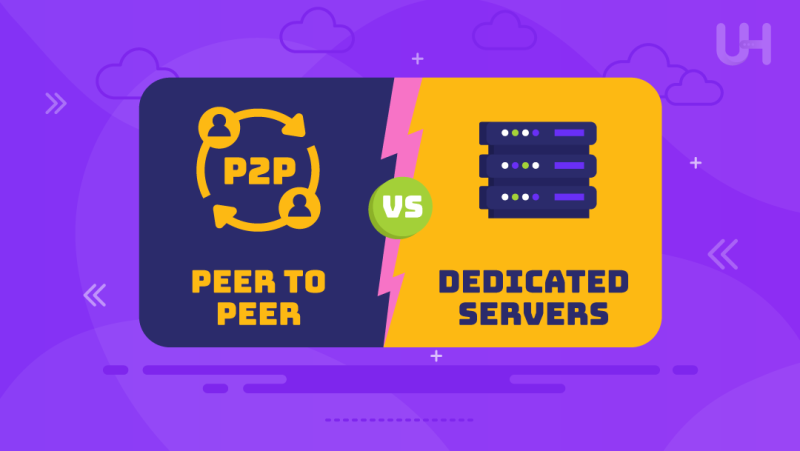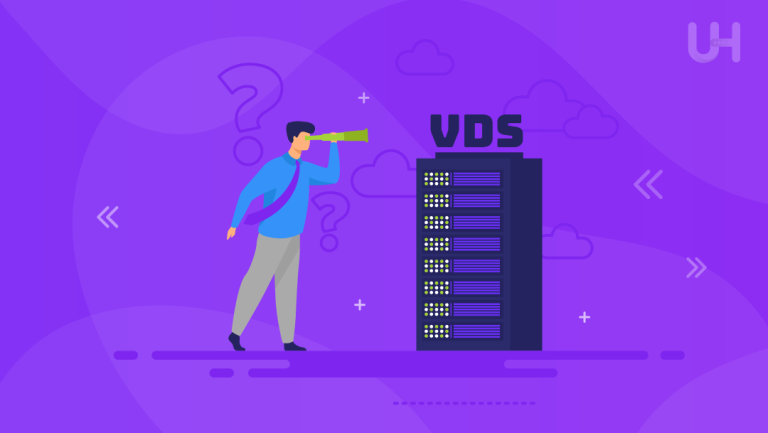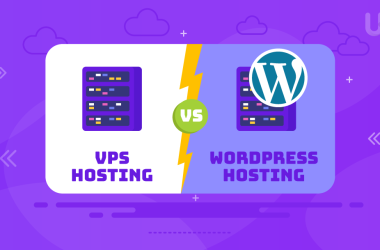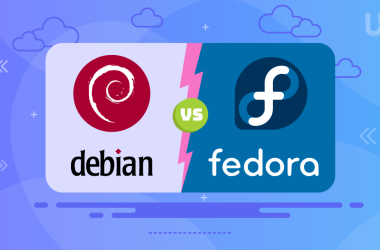As part of server hosting and management, selecting an ideal server type is critical to both businesses and developers alike. When hosting games, running business apps, or managing websites, having an understanding of both peer to peer vs dedicated servers ones will greatly impact decision-making processes.
In this article, we’ll investigate the differences between peer to peer vs dedicated servers and discuss their uses, advantages, and potential drawbacks.
What Is a Peer-to-Peer (P2P) Server?
A peer-to-peer server is a decentralized model in which each device acts as a client and server. It works on a decentralized architecture in which requests, tasks, and data are divided among various connected devices rather than depending on only one data center. P2P is very common in file-sharing networks, blockchain technology, and multiplayer gaming.
Key Features of P2P Servers
- Decentralized: No central server exists, and the resources are shared among devices.
- Cost-effectiveness: Very low infrastructure costs as each device contributes.
- Scalability: Adding peers increases the overall capacity of the system.
- Reliability: The distributed structure makes it less susceptible to single-point failure.
Limitations of the P2P server are
- Security Risks: Data privacy breaches are more evident in decentralized networks.
- Performance Variability: Depends on the power and connectivity of individual peers.
- Limited Control: The decentralized network is sometimes challenging to manage or monitor.
What Is a Dedicated Server?
A dedicated server is a physical server exclusively reserved for one user or organization. Unlike shared server networks or P2P networks, dedicated servers provide full control over hardware and software resources. They are ideal for high-traffic websites, enterprise applications, and scenarios requiring high security. Let’s look into key features of dedicated servers before we dive into the critical differences between dedicated server vs peer to peer networks.
Key Features of Dedicated Servers
- Exclusive Resources: All server resources (CPU, RAM and storage) are dedicated to one user.
- High Performance: Optimized for demanding applications and consistent speed.
- Enhanced Security: Greater control over security measures.
- Customizability: It comes with virtualization options to configure hardware and software to specific needs.
Limitations of Dedicated Servers
- Higher Costs: Expensive compared to shared or VPS hosting.
- Complex Management: Requires technical expertise for setup and maintenance.
- Limited Scalability: Scaling might involve upgrading to a new server.
Peer to Peer vs Dedicated Servers: Core Differences
| Feature | Peer-to-Peer (P2P) | Dedicated Server |
| Performance | Relies on connected nodes, inconsistent speeds | High, consistent performance, 99.99% uptime |
| Security | Vulnerable to breaches and decentralized. | Centralized control, stronger security |
| Control & Customization | Limited customization, shared resources | Full control with customizable options. |
| Scalability | Easily scalable but congested | Scales with resources |
| Cost | Low setup costs, peers share resources. | Higher upfront and operational costs. |
| Use Case Suitability | File sharing, small multiplayer games. | Enterprise applications, large websites. |
| When to Choose | Low-cost, flexible for lag | Essential for security, performance, and control |
Performance
When using P2P networks, the performance is distributed across several devices and is dependent on the capabilities of the connected nodes. Everyone shares resources, including processing power, unlimited bandwidth, and storage. Because of the dependence upon peer-to-peer connections, P2P networks can result in inconsistency in performance. When playing games, P2P networks can lose packets with poor-quality connections, which causes low latency and high throughput, mainly when playing against distant players.
However, dedicated servers provide high and consistent performance. The entire resource (CPU memory, RAM, bandwidth) belongs to one person. It’s not a resource-sharing system. Server power is entirely accessible. This guarantees reliable performance and availability, regardless of intensive usage. With more uptime, dedicated servers are ideal for applications that require high performance, such as gaming, eCommerce platforms, and complex databases.
Security
Security is an issue with P2P networks because of their decentralization. Every device within the network functions as both the server and a client and poses security risks, such as security breaches, DDoS attacks, and unauthorized access. The study revealed that 43% of P2P applications and 39% of games contained malware. This makes P2P less secure for delicate, essential business functions.
Servers with dedicated servers are safer because they’re centrally controlled. Administrators can fully manage the security settings and enable robust web application firewalls, data encryption, and security systems for intrusion detection. Most data breaches are caused by compromise of passwords and other user logins. The dedicated servers decrease the likelihood of security breaches. They offer better control over access and more security.
Control and Customization
Within P2P networks, the users are granted only limited control over the network. This is a decentralized system where every peer contributes to available resources. The customization is minimal. It depends on shared resources in the network, and setting up settings or improving performance to meet specific requirements is challenging.
On dedicated servers, clients control the configurations, software, and security protocols. Many companies prefer dedicated servers because they require the flexibility to modify the configurations and settings. This flexibility is crucial for companies that need to alter the performance of their servers.
Scalability
One of the advantages of P2P networks is their scaling. The overall resources (bandwidth and storage) grow when more devices join the network. Limits on bandwidth could cause issues with performance. They are responsible for 47 percent of problems with traffic on P2P systems. Slow performance and congestion can occur as the number of peers increases, which can affect the general efficiency.
However, sizing the capacity of a dedicated server can be demanding on resources. This usually involves upgrading the equipment, adding servers, or transferring information. However, the benefit is that the performance stays consistent and is easily managed in the event that the server expands.
Power Your Business with Dedicated Servers!
Are you looking for the highest performance and total control of your server’s configuration? UltaHost’s dedicated server hosting offers the user access to top-quality hardware. This is ideal for managing high-volume workloads while ensuring the highest level of security.
Cost
P2P networks are inexpensive. They do not require expensive devices or equipment. Users contribute assets to the system. Therefore, the infrastructure costs are smaller than those of centralized systems.
However, fully managed dedicated server hosting requires a higher initial investment. This includes leasing or buying server equipment, along with ongoing maintenance and security management. Depending on the equipment, you can use cheap dedicated hosting if you’re building your server yourself.
Use Case Suitability
P2P networks are ideal for smaller-scale applications, including file sharing, decentralized apps, and gaming networks. They’re not suitable for projects that require security and performance. The platforms for torrents and blockchains typically utilize P2P technology.
However, dedicated servers typically run enterprise applications such as eCommerce sites and dedicated gaming servers. They require high performance, along with security and reliability.
When to Choose
Peer-to-peer (P2P) Networks work best for smaller projects with minimal infrastructure expenses. They’re Ideal for file-sharing and blockchain platforms with a decentralized structure. Additionally, they can be employed in apps that deal with lag or weak security. Peer-to-peer (P2P) Networks work best for smaller projects with minimal infrastructure expenses. They’re ideal for file-sharing, blockchain platforms, and even p2p payment apps that benefit from a decentralized structure. These peer-to-peer networks can be employed in apps that deal with lag or weak security.
However, dedicated servers are needed for high-traffic applications that need constant uptime. These are ideal for businesses that require strict security measures, such as healthcare or finance. Additionally, they are Ideal for companies that require total control of server configurations. These are the preferred choices of large businesses for scalable, stable expansion.
Pros and Cons of Peer-to-Peer Servers
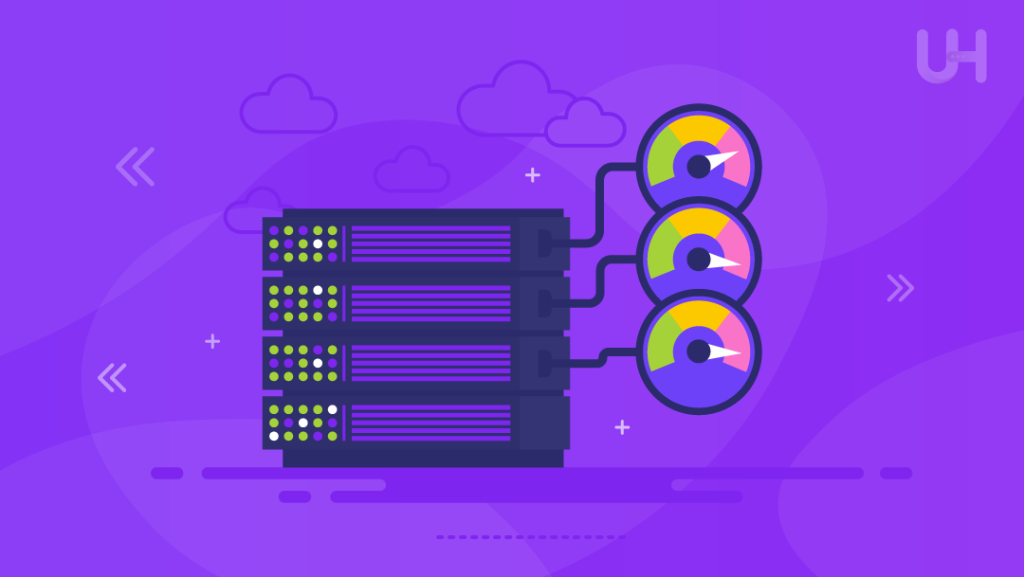
Here are the advantages and drawbacks of P2P servers:
Pros of Peer-to-Peer Servers
- Cost-efficient for small-scale setups.
- Easy to scale with additional peers.
- No dependency on a central server.
Cons with Peer-to-Peer Servers
- Security vulnerabilities.
- Performance issues with unreliable peers.
- Not suitable for high-traffic or resource-heavy applications.
Pros and Cons of Dedicated Servers
After learning about the pros and cons of P2P servers, let’s explore dedicated servers:
Pros of Dedicated Servers
- Exceptional performance and reliability.
- Enhanced security and privacy.
- Complete control over server configurations.
Cons of Dedicated Servers
- High costs, including hardware and maintenance.
- Requires technical expertise.
- Less flexibility in scaling compared to cloud solutions.
Conclusion
Choosing between peer to peer vs dedicated servers depends on your specific requirements. For casual applications or small-scale projects, P2P servers may be sufficient. However, dedicated hosting offers superior performance, security, and reliability, making it a better choice for professional-grade needs. Now that you understand the key differences between P2P vs dedicated servers, you can choose the best option for your situation.
Looking for fast, reliable hosting solutions? Quick 10Gbps Dedicated Servers from UltaHost ensure seamless performance and speed, perfect for hosting dynamic content and managing demanding traffic. Experience unmatched uptime and efficiency—ideal for businesses aiming to deliver personalized, real-time content to users!
FAQ
What is the main difference between P2P and dedicated servers?
P2P servers are decentralized networks where devices share resources, while dedicated servers are centralized and reserved exclusively for one user.
Are P2P servers secure?
P2P servers have inherent security risks due to their decentralized nature, making them less secure than dedicated servers.
Can I use a dedicated server for gaming?
Yes, dedicated servers are excellent for gaming, offering high performance and low latency.
Is a P2P server suitable for a business website?
Due to limited control and security, P2P servers are generally not recommended for business websites.
What is the cost difference between P2P and dedicated servers?
P2P systems are cost-effective but less reliable, while dedicated servers are expensive but offer superior performance and security.
What are the best hosting options for businesses?
Businesses can explore Dedicated Hosting or VPS Hosting for optimal performance.
Can I upgrade from P2P to a dedicated server?
Yes, migrating to a dedicated server is a common step as your needs grow.





